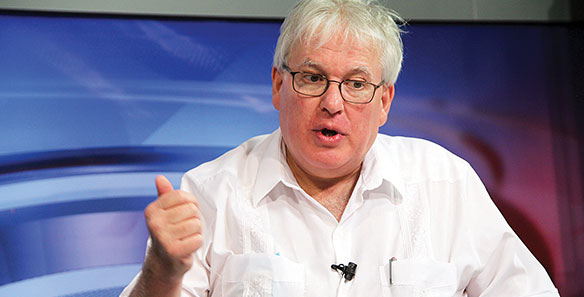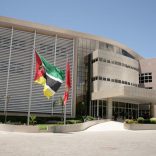Mozambique: Construction of US-funded bridge and ring road in Zambézia to begin in 2026
Castel-Branco says changing tax code will only work if it protects poorer classes

O País
Reacting to the possible impacts of the recent changes in the tax code, economist Carlos Nuno Castel-Branco said that some of the changes seemed intended to promote productive areas of the national economy and would in this respect have a double impact.
On the one hand, they would make products and services affected by increased taxes or elimination of exemptions more expensive, but on the other hand have effects on production and employment, which could increase income and more than offset any effect on price.
Castel-Branco saw no information available from the Council of Ministers explaining which of these measures were intended to protect or promote national productive activity and employment, and which were measures aimed at providing the aforesaid protection or promotion, given that it was not only about discouraging imports, but there must be other necessary components linked to investments, and specific industrial strategies to help companies take advantage of tax protection opportunities.
Castel-Branco also noted that raising prices might reduce imports, and if this reduction was more than the price increase, there would be no net increase in tax revenue. In addition, raising tax revenues based on consumption does not correspond to fiscal justice since it penalises low-income social groups more than high-income groups.
There are cases where taxes have been reduced, such as the printing industry. This may be interesting if it helps develop the national printing industry, but it is important to look at the links between the reduction of taxes and complementary measures aimed at promoting the printing industry rather than simply facilitating the import of finished products, although this is also relevant for education, culture, and so on.
As for the increase in taxes on imports of vehicles older than seven years, it was important to ensure that the national car pool was in good working order.
“I would be much more interested in seeing a public transport promotion policy whose advantages include giving everyone, rich or poor, access to transportation, easing traffic congestion and reducing the need for investment in new roads and so on. In addition to the environmental benefits and social costs related to fuels, supported by the economy,” the economist said.












Leave a Reply
Be the First to Comment!
You must be logged in to post a comment.
You must be logged in to post a comment.